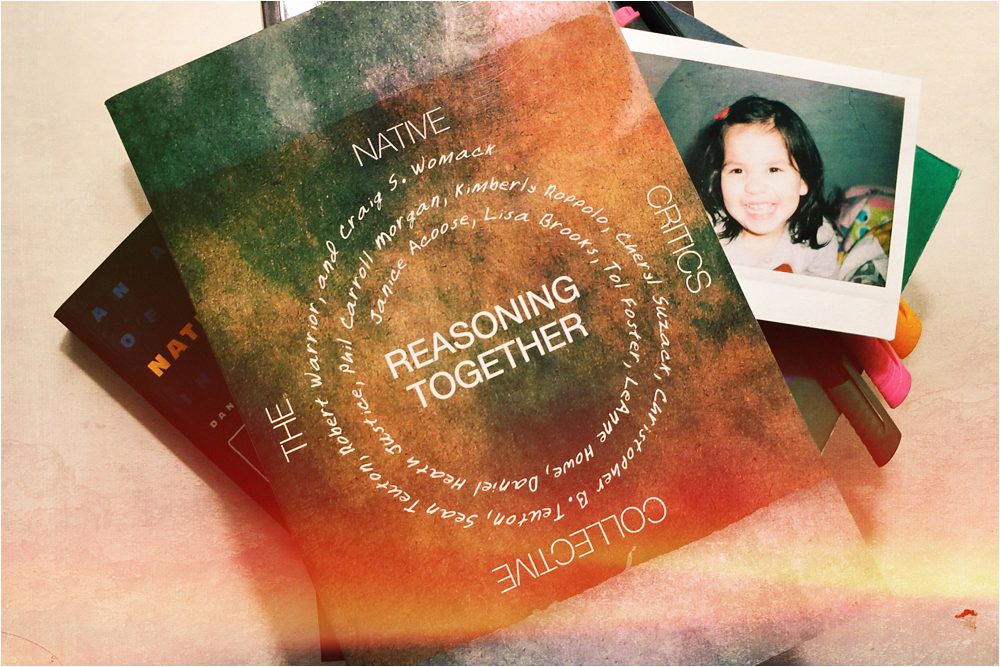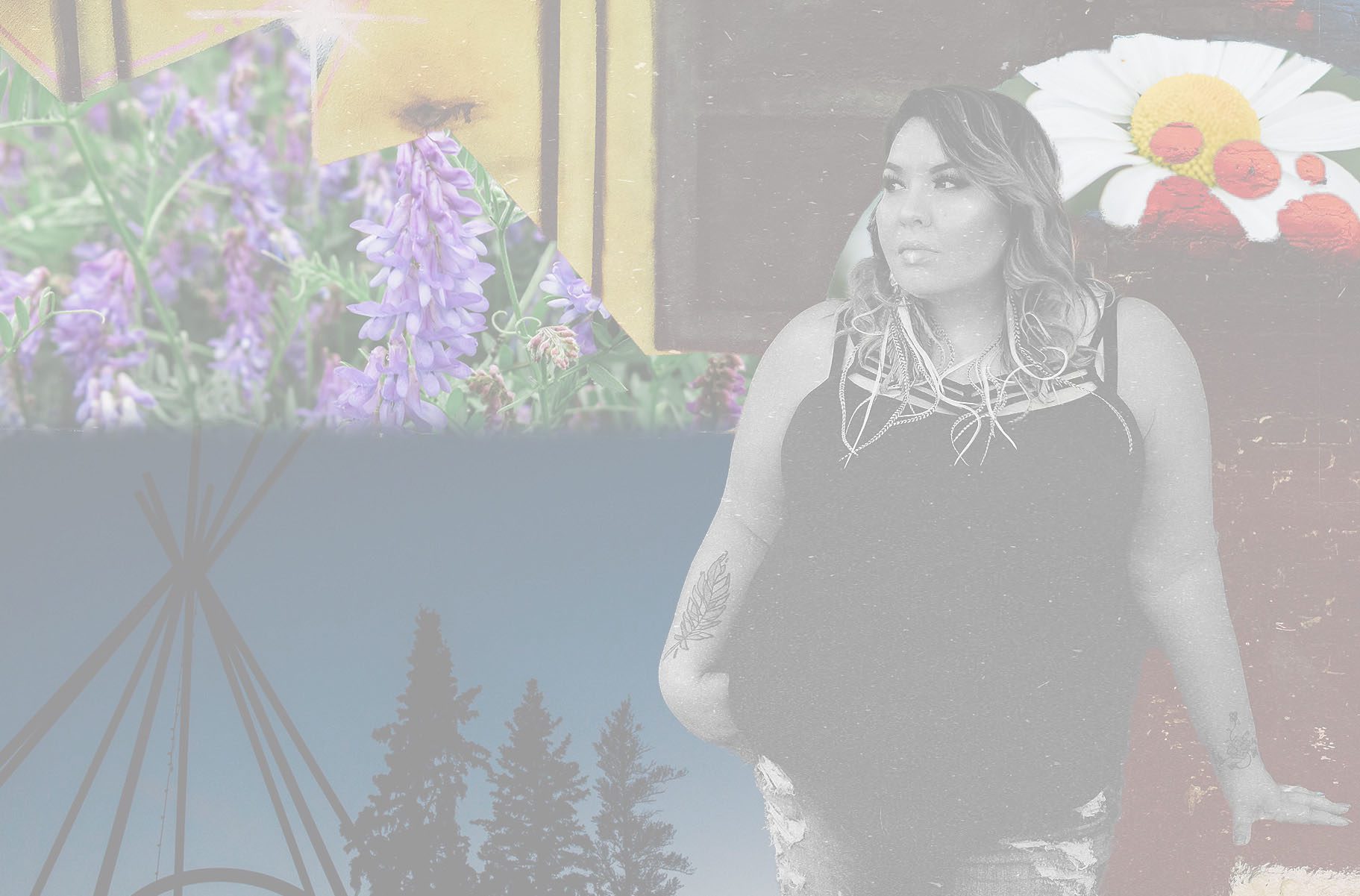
from the publisher: “Reasoning Together proposes nothing less than a paradigm shift in American Indian literary criticism, closing the gap between theory and activism by situating Native literature in real-life experiences and tribal histories. It is an accessible collection that will suit a wide range of courses—and will educate and energize anyone engaged in criticism of Native literature.”
personal: I read more parts of this book a while ago, but I focused on the essay ““Go Away, Water” – Kinship Criticism and the Decolonial Imperative” by Daniel Heath Justice because I’m trying to work out systems of kinship in my own Dene community, and it’s good to see and read and try and understand how other people see and understand in within the contexts of their cultures. In this essay, kinship is placed almost like a living entity, as it’s based in how we treat each other – the good deeds, the awareness, the unthinking helpfulness and respect for one another, in an ideal world. Kinship is what we do, it is an action. So applying that concept to my own relations – it’s chopping wood for your uncle, it’s picking muskeg leaves for your aunt, it’s cleaning the blueberries for Setsune. It’s actions to assist. But kinship isn’t necessarily just family relations; this extends to community and tribal relations. And kinship – this affirmative action of relations and community – is a huge foundation to Indigenous identity, when things like ‘blood quantum’ (in the states) and ‘Treaty Status’ (in Canada) can alter how you’re seen in the Governments eyes. Kinship is the resistance – the acknowledgement that you are part of a system that predates government labeling.
Ideas, ideas.
quotes:
- “Kinship, life Fire, is about life and living; it’s not about something that is so much as something we do – actively, thoughtfully, respectfully” (148)
- “…my aims are threefold: to propose the interpretive significance of the relationship between kinship, peoplehood, and decolonization; to employ the concerns of this mutually affecting relationship as a critical lens through which to regard recent controversies in Native literary criticism; and to offer reflections on the complicated possibilities promised buy work that attends to similar concerns” (148)
- “[Kinship] requires attentiveness; kinship is best thought of as a verb rather than a noun, because kinship, in most indigenous contexts, is something that’s done more than something that simply is” (150)
- “Indigenous writing, in this context, is both an act of love for the People and the product of that love, whether it speaks of joy and possibility or pain and alienation” (152)
- “I want to explore how the principles of kinship can help us be more responsible and, ultimately, more useful participants in both the imaginative and physical decolonization and empowerment of [I]ndigenous peoples through the study of our literatures” (155)
- “Visual recognition is a dangerous thing to put one’s faith in; it’s all too easy to close your eyes” (157)
- “Kinship – in all it’s messy complexity and diversity – gives us the best measure of interpretive possibility, as it speaks to the fact that our literatures like our various people, are alive” (166)
buy the book: Reasoning Together


